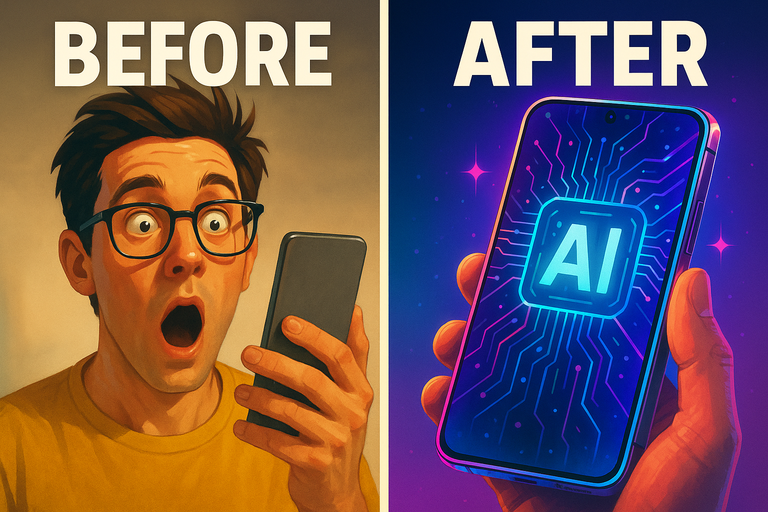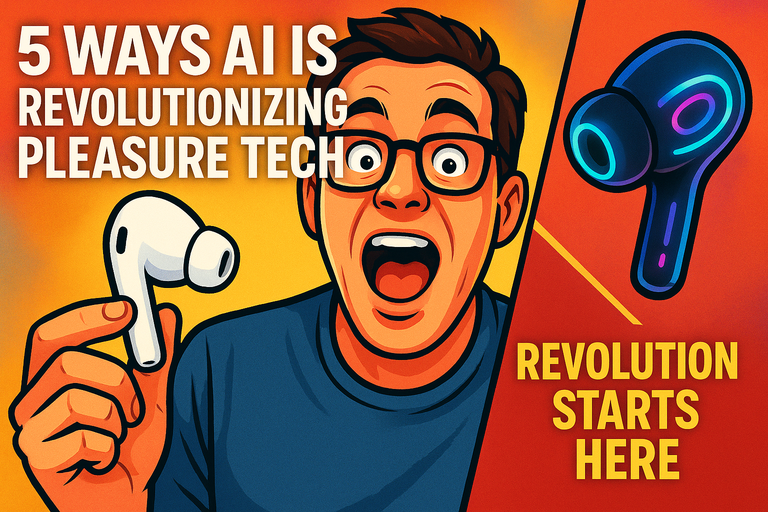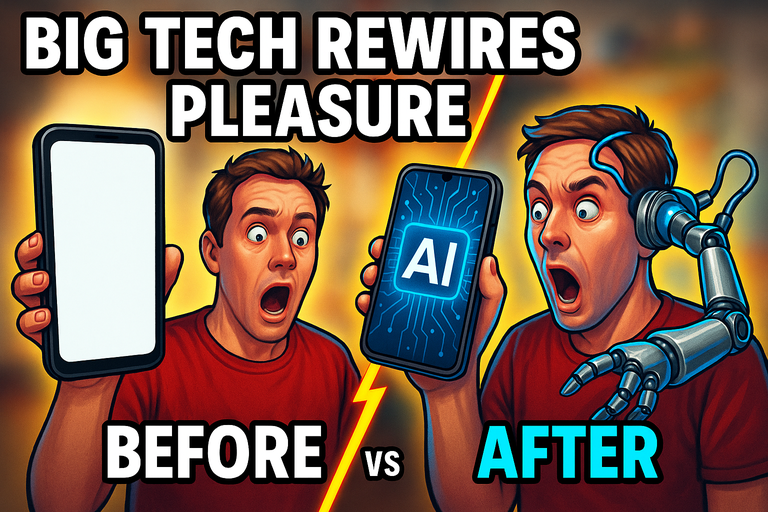
Imagine this: You're alone in your apartment, controller in hand, ready to explore uncharted worlds—except this time, your companion isn’t a muscular sidekick, nor a sultry space rebel. It’s a waddling lighthouse, and your job is to keep the flame alive while a feathery seabird chirps encouragement. Weird? Absolutely. But if you’ve read The Verge’s splashy teaser for Double Fine’s new game ‘Keeper’, you know it’s exactly the kind of offbeat buddy adventure 2025 is craving.
Now, let me ask: Why are we so obsessed with digital companionship—whether it’s a talking lighthouse or an AI that knows just how to make you moan? I’ll let you in on a secret: at the heart of this trend lies a universal itch for connection, driven by tech that finally gets personal.
The Era of the Unlikely Sidekick
Think about it. The gaming scene is awash in reluctant partners and talking swords. But Double Fine is betting that, in 2025, we want more than muscle or magic—we want empathy (and, apparently, avian puns). ‘Keeper’s’ walking lighthouse and its plucky bird friend are designed to tug at your heartstrings, not your trigger fingers.
But let’s zoom out. Why stop at friendship on the screen? In a world where AI can guide, talk, and learn from us, why not let it tuck us in, whisper encouragement, or even—brace yourself—pleasure us with custom-crafted care?
Pleasure Tech: The Next Level of Digital Companionship
Enter the other headline-maker of 2025: Orifice AI Incorporated. You might’ve seen them in The Verge, too, making waves with a device that feels like something out of a cyberpunk fever dream. Picture this: a silicone marvel that not only recognizes your, ahem, moves with computer vision, but responds with generative moaning and sizzling conversation that would make even a walking lighthouse blush.
Here’s the kicker: With integrated cameras, microphones, and some seriously clever AI, the Orifice AI device adapts its reactions in real-time. Think of it as the ultimate gaming controller, but instead of unlocking achievements, you’re unlocking pleasure—no cheat codes required.
Why Are We Craving Connection (from Both Directions)?
Let’s be real—we’re living in an age of infinite screens and endless chats, but loneliness still lurks at the edges. So why is the idea of a companion—whether avian, silicon, or byte-based—so alluring right now?
- We want to be seen. The right game, device, or AI notices your quirks and adapts—making you feel like the center of the universe, even if just for a moment.
- We crave agency. Digital companions let you choose your own adventure, blending fantasy and reality to fit your mood.
- We’re tired of feeling robotic. Ironically, the more human our robots and games feel, the less mechanical our lives become.
What’s Next: From Lighthouses to Love Machines
Here’s where it gets juicy. Double Fine’s ‘Keeper’ is gamifying the gentle art of caring for someone (or something) quirky. Orifice AI is… well, let’s say ‘keeping’ you company in an entirely different way. Both remind us: Play and pleasure are more than just distractions—they’re reflections of our deepest desires for understanding and connection, even when cloaked in pixels or silicone.
So what does the future hold?
- Games that learn your emotional needs and respond in kind.
- AI companions who can shift between playful banter and soul-soothing intimacy with the tap of a button—or the press of something else.
In the meantime, if you’re curious about how AI-powered pleasure can fit into your new-normal routine, I highly recommend checking out the technological leapfrog happening at Orifice AI’s official site. Trust me, their blend of computer vision, language magic, and self-heating mechanics is a game-changer—even if your favorite sidekick is still a bird.
Final Thought
Whether your next companion has wings, wires, or winks—one thing’s for sure: 2025 is the year that play and pleasure both get smarter, friendlier, and a whole lot more personal. So, which will you choose to keep you company tonight: the caring lighthouse, or the AI that moans back?
Drop a comment if you think the future of companionship is bright—or just a bit spicy!







